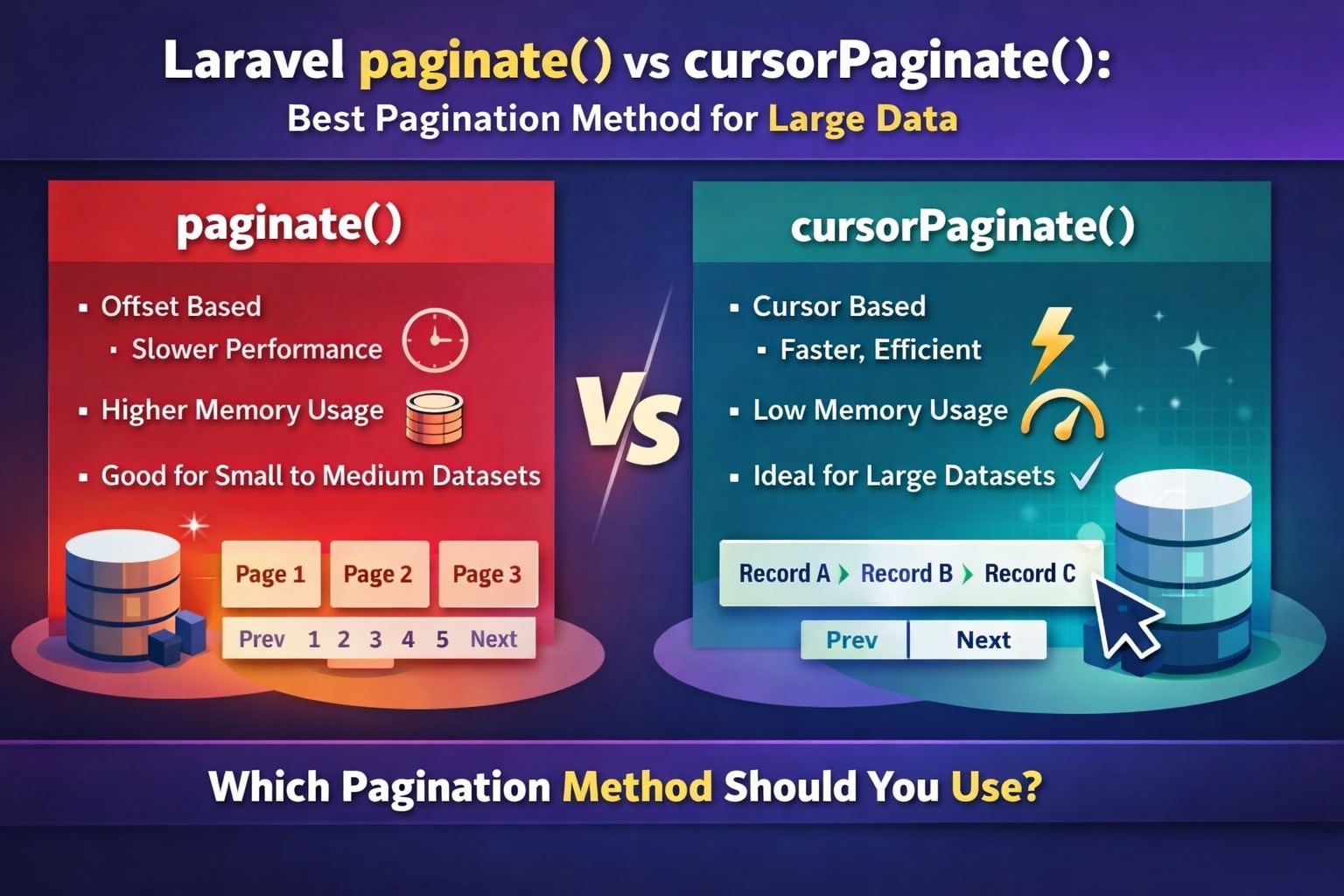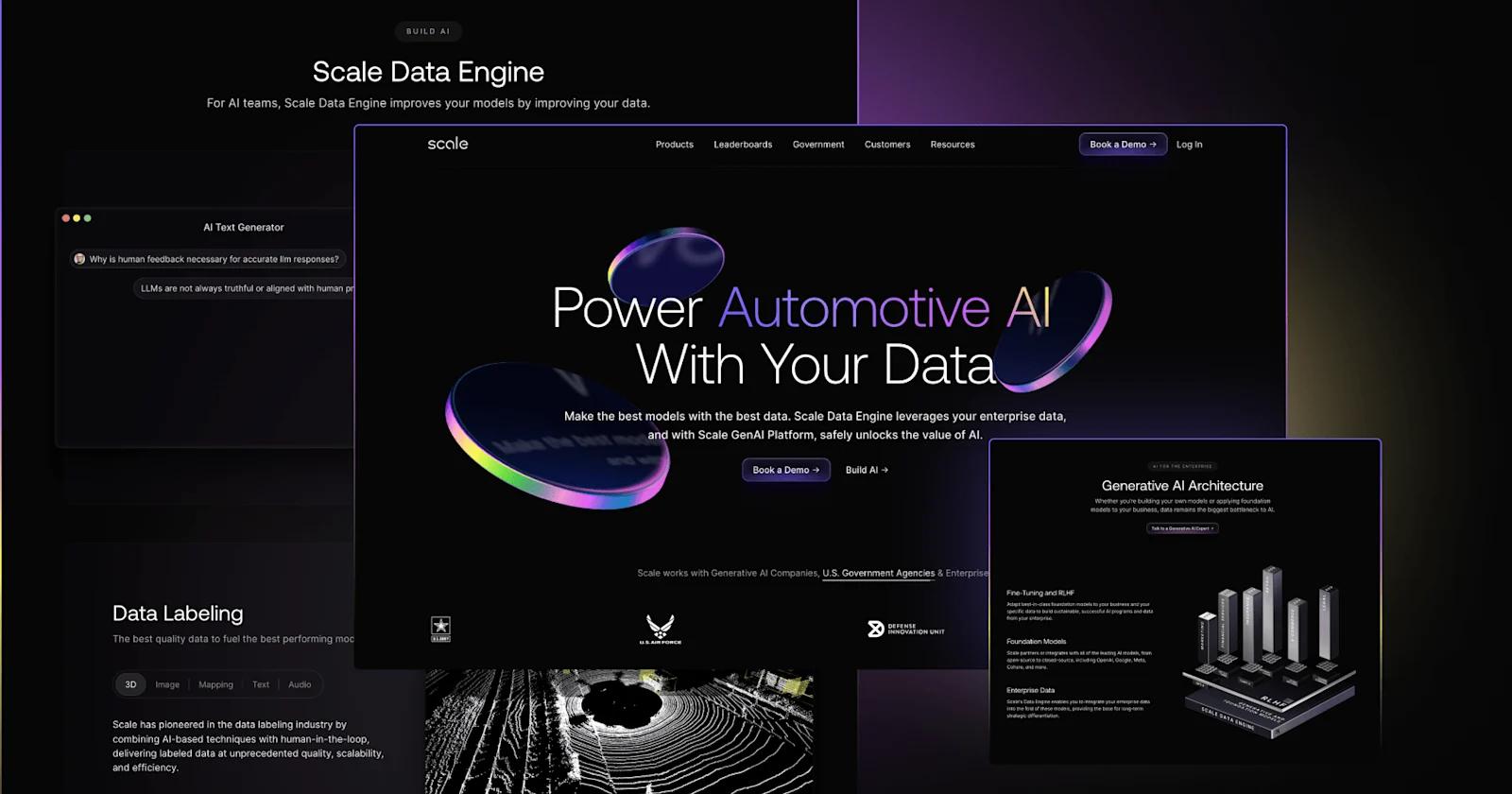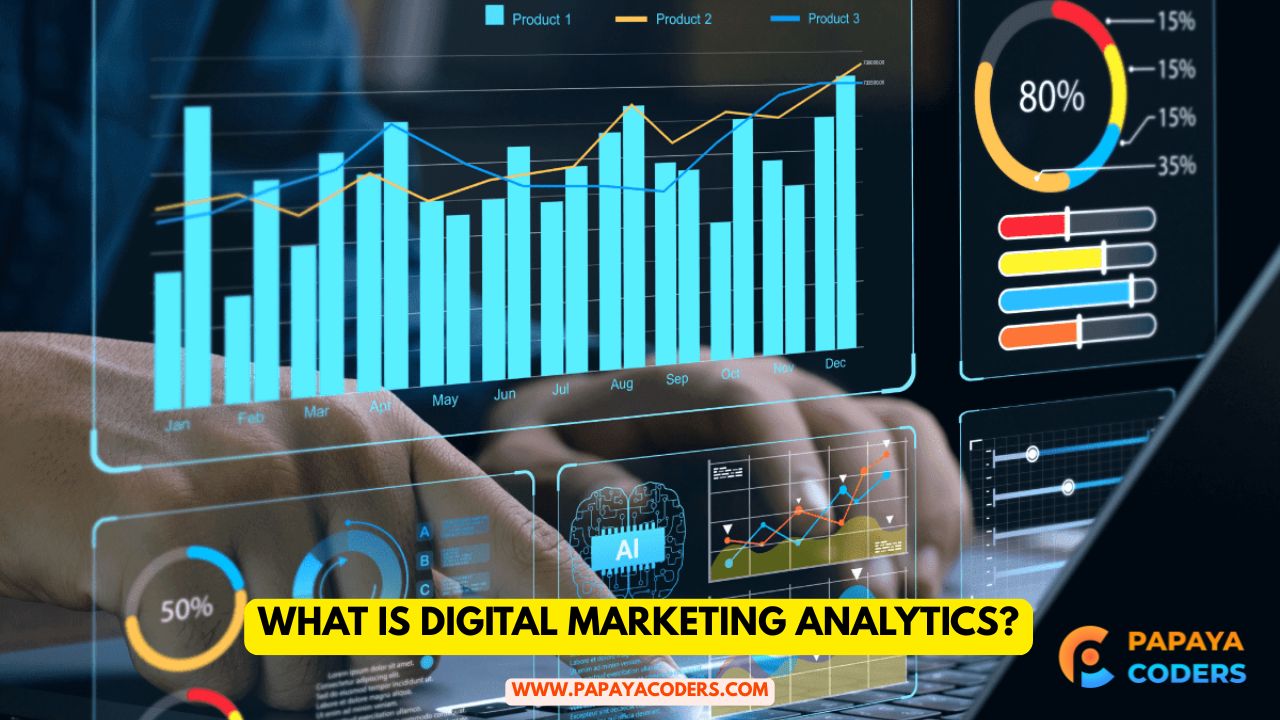A strong online presence is vital for businesses to succeed in the digital age. Website marketing is key in achieving this by using websites as the central hub for a business’s digital marketing strategy.
This article will discuss What is Website Marketing in Digital Marketing, its importance, and how to use it effectively to boost business growth.
What is Website Marketing?
Website marketing means promoting a business and its products or services through its website. It includes optimizing the website for search engines, creating valuable content, leveraging social media and implementing various online advertising strategies to attract and retain customers.
A well-designed website is the foundation of all digital marketing efforts. It is a centralized platform where potential customers can learn about a business, connect with its offerings and make purchases or inquiries.
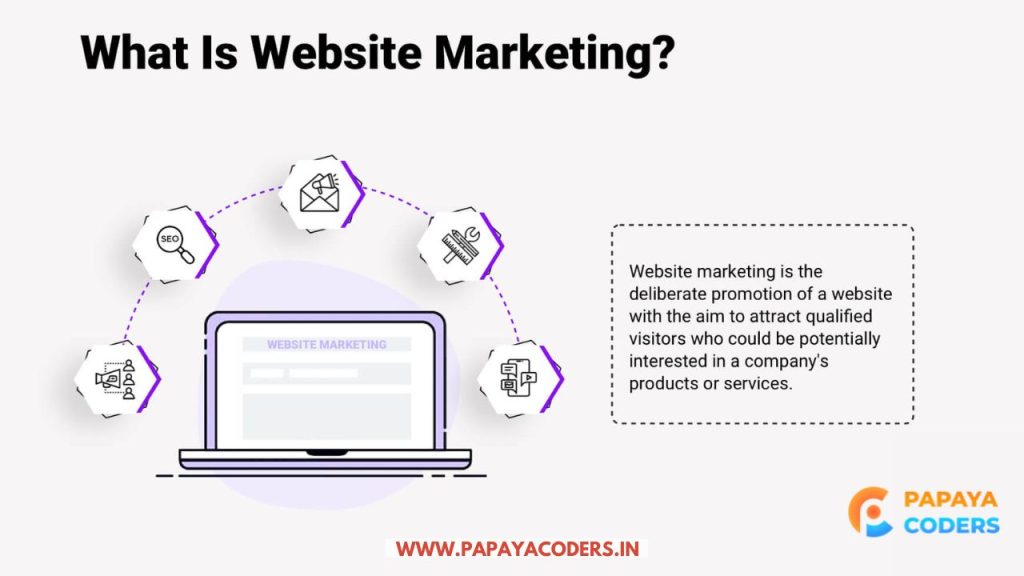
Why is Website Marketing Important?
1. Establishing Online Presence
A website is the digital storefront of a business. It establishes credibility and gives customers essential information about your products or services.
2. Driving Traffic
Effective website marketing strategies attract more visitors to your website, increasing brand awareness and potential sales.
3. Enhancing User Experience
A well-optimized website ensures seamless navigation, faster load times, and mobile responsiveness, offering a better experience for users.
4. Converting Visitors into Customers
A website can convert casual visitors into loyal customers by providing compelling calls-to-action (CTAs), engaging content, and easy-to-use interfaces.
5. Analytics and Insights
Websites provide detailed analytics on user behavior, allowing businesses to fine-tune their marketing strategies based on real data.
Key Components of Website Marketing
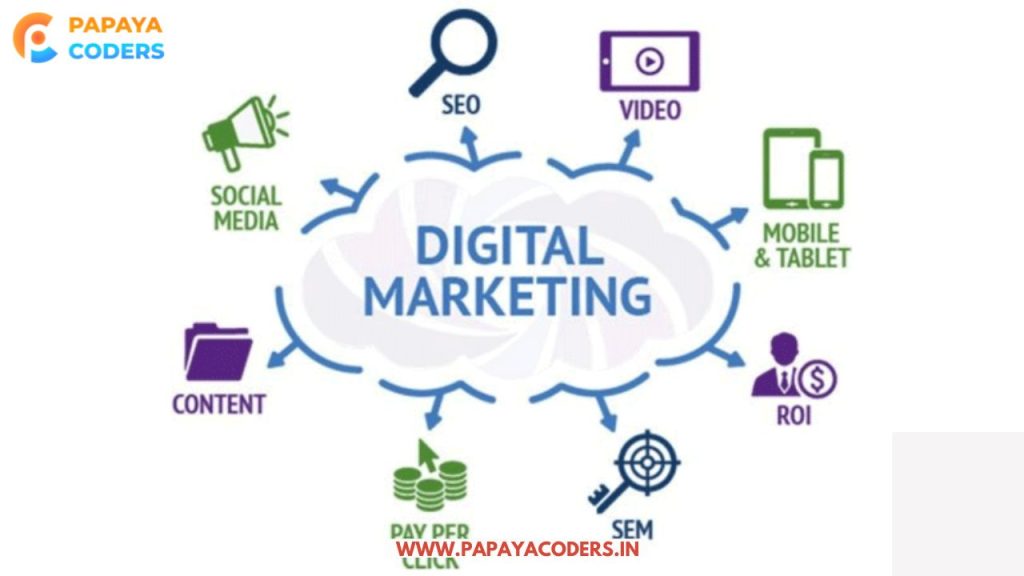
1. Search Engine Optimization (SEO)
Optimizing your website for search engines ensures higher visibility on search engine results pages (SERPs). This involves:
- Keyword research
- On-page optimization
- Technical SEO
- Backlink building
2. Content Marketing
Creating and sharing valuable content like blogs, videos, and infographics attracts and engages your target audience. Content marketing boosts your site’s authority and drives organic traffic.
3. Social Media Integration
Leveraging social media channels to promote website content increases visibility and encourages user engagement.
4. Pay-Per-Click (PPC) Advertising
Using PPC campaigns like Google Ads to drive targeted traffic to your website can result in quick and measurable results.
5. Email Marketing
Email campaigns that link to your website can nurture leads and encourage repeat visits, fostering stronger customer relationships.
6. Mobile Optimization
With a significant portion of internet traffic from mobile devices, ensuring your website is mobile-friendly is essential for effective marketing.
Strategies for Effective Website Marketing
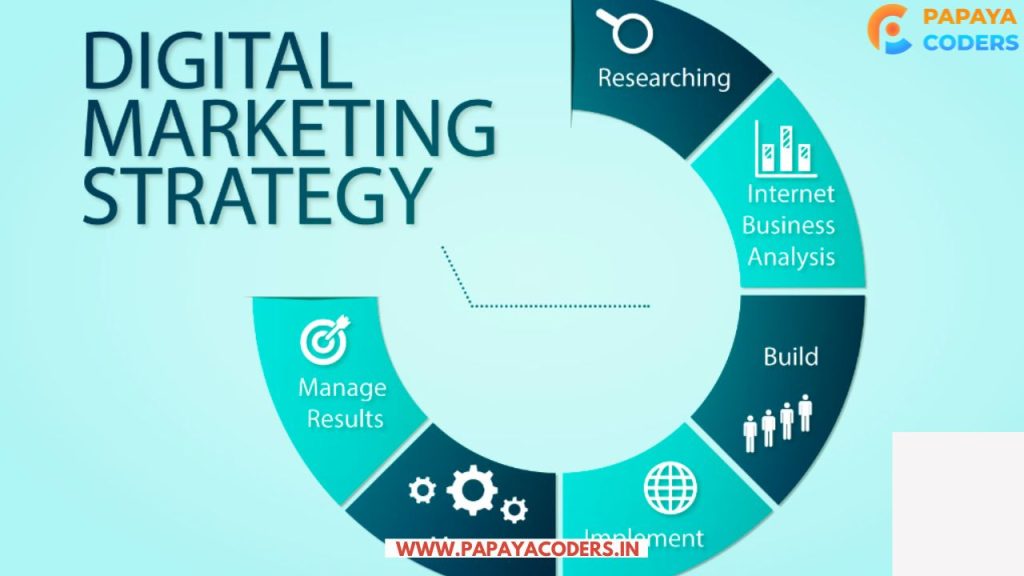
1. Create a User-Friendly Website
Focus on intuitive design, fast loading speeds, and mobile responsiveness to enhance user experience.
2. Optimize for Local Search
For businesses targeting specific geographic locations, local SEO strategies such as Google My Business optimization can drive relevant traffic.
3. Develop Quality Content
Publish high-quality, informative, and engaging content to attract and retain visitors.
4. Use Clear Calls-to-Action (CTAs)
Encourage visitors to take specific actions, such as signing up for a newsletter, downloading a resource, or purchasing.
5. Leverage Analytics
Use tools like Google Analytics to monitor website performance and identify areas for improvement.
6. Build an Email List
Capture visitor information through forms and use email marketing to drive repeat visits and conversions.
Challenges in Website Marketing
1. High Competition
Standing out among millions of websites requires constant innovation and strategic planning.
2. Technical Issues
Poor website performance, slow load times, or non-responsive design can deter users.
3. Maintaining Engagement
Retaining user interest requires consistent updates and valuable content.
4. Cost of Advertising
Paid campaigns like PPC can be expensive, especially for competitive keywords.
Future Trends in Website Marketing
1. Artificial Intelligence (AI)
AI tools can personalize user experiences and automate website optimization tasks.
2. Voice Search Optimization
With the rise of virtual assistants, optimizing content for voice queries will be crucial.
3. Interactive Content
Engaging elements like quizzes, polls, and calculators will become more prevalent to capture user attention.
4. Video Content
Video marketing integrated into websites will play a larger role in engaging users and boosting SEO.
Conclusion:-
Website marketing is the cornerstone of digital marketing, providing businesses a massive platform to showcase their brand, connect with customers, and increase revenue.
By implementing effective strategies and staying updated with the latest trends, businesses can utilize the full potential of their websites to achieve their marketing goals.
Whether you own a small business or a large enterprise, investing in website marketing is essential for continued success in the digital age.


